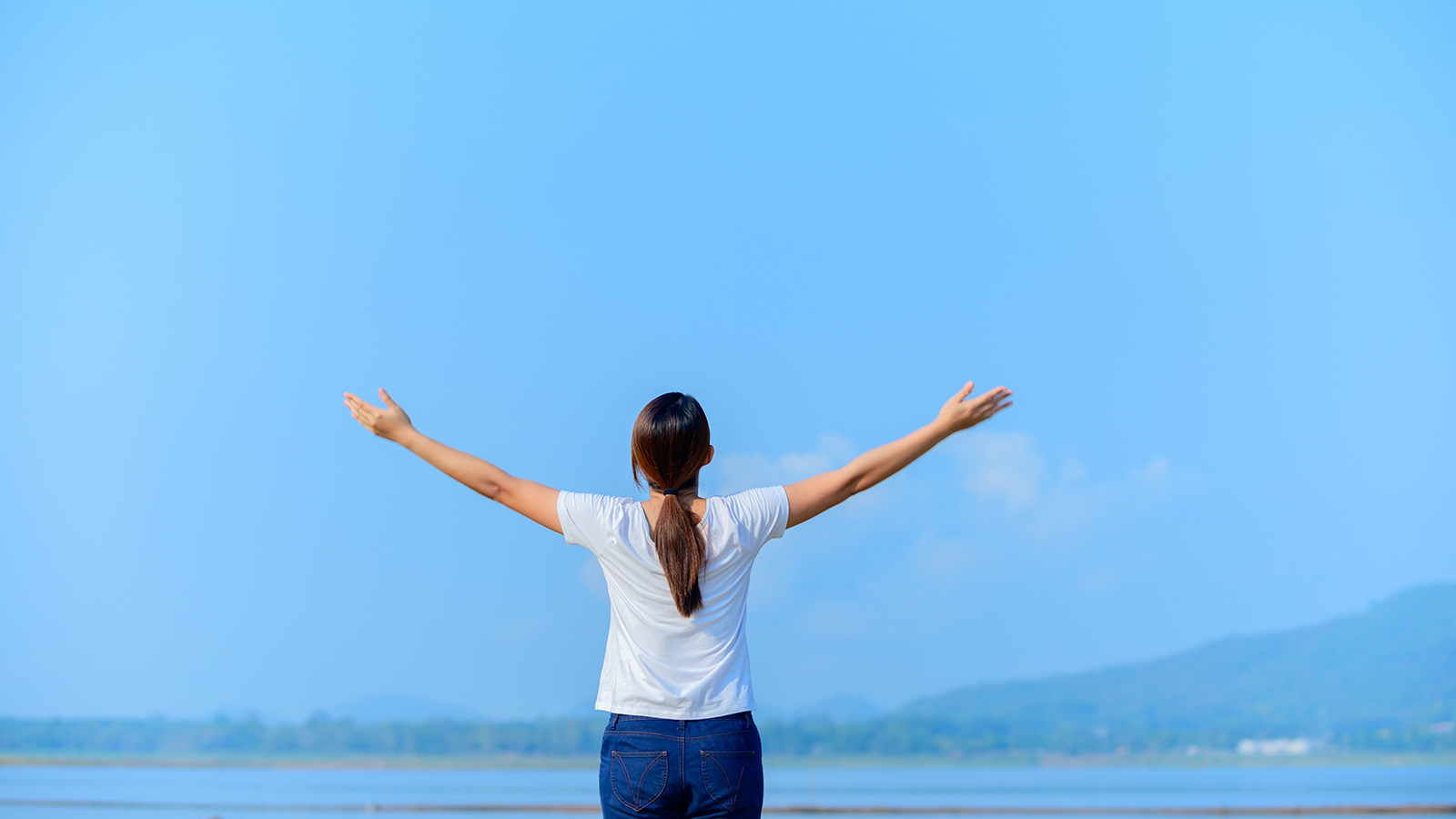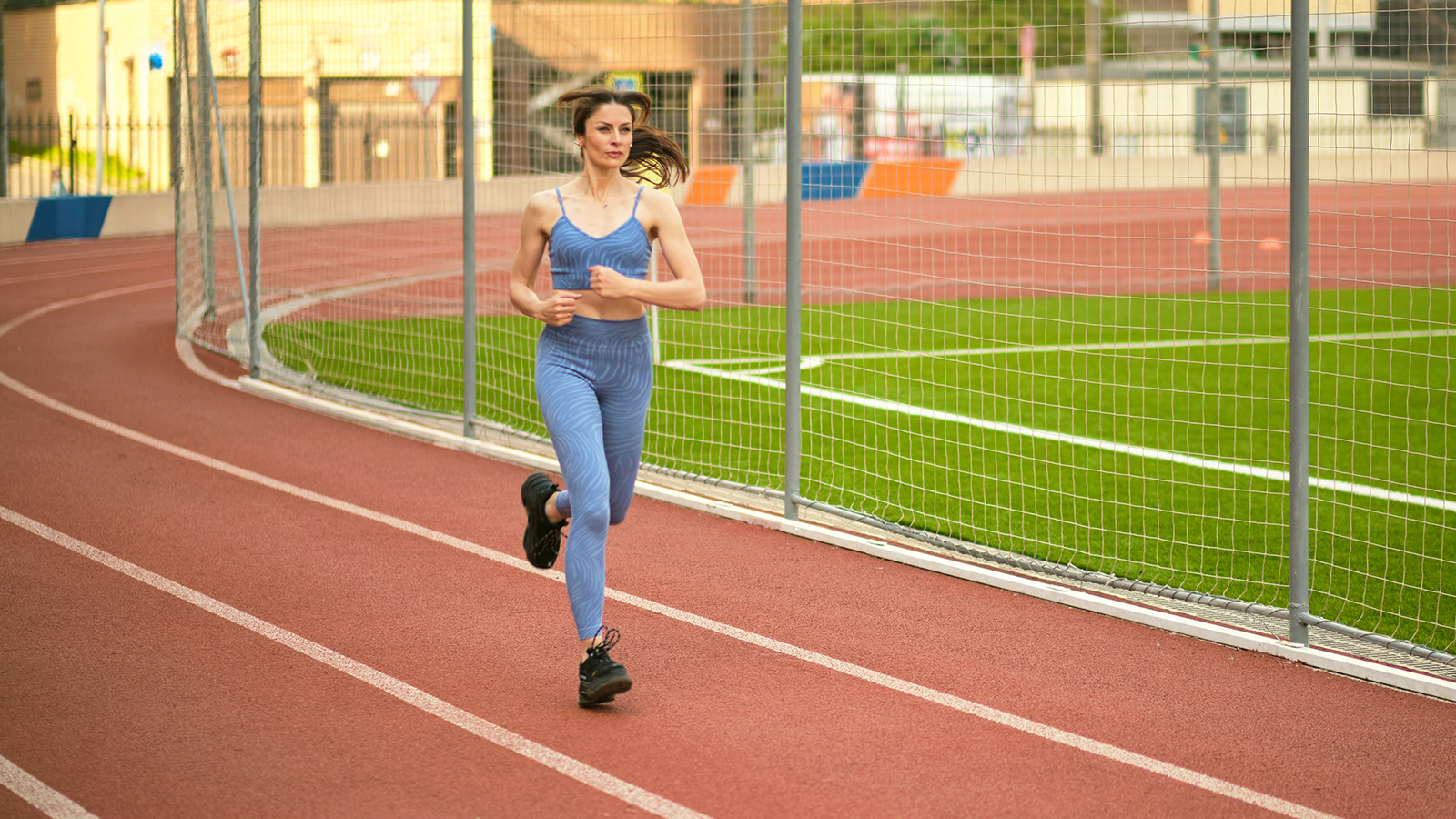Pay attention to the rhythm of your breathing, the breeze while running, the tension in the muscles while exercising. All these sensory perceptions contribute to the effectiveness of exercise against anxiety and restlessness.
When you are under stress, your body usually reacts to it physically. The muscles tighten, especially those in the face, neck and shoulders. This constant and prolonged tension in these areas leads to pain. The neck tightens, the shoulders become heavy, the head starts to hurt. You may also feel tightness in the chest, a strong, rapid pulse or even muscle cramps.
In addition, stress negatively affects sleep and worsens it, and as sleep worsens, physical recovery also worsens. The day becomes increasingly difficult to overcome and this further increases stress. Everything turns into a vicious circle.
Fortunately – you can get out of it with physical activity and exercise. In addition to the release of endorphins, which we have already mentioned several times here, light physical activity can stimulate blood circulation, relax muscles and tension and make you feel better. Because the body and mind are so closely connected, when your body feels better, so will your mind.

Other mental health benefits
Even if you don’t suffer from a specific mental health issue, regular physical activity can still offer a positive boost to your mood and mental well-being.
With regular physical activity, you can achieve:
A sharper mind and faster thinking: The same endorphins that make you feel better also help with concentration and the performance of various mental tasks. Exercise also stimulates the growth of new brain cells and helps prevent age-related cognitive decline.
Higher self-esteem: View regular physical activity as an investment in your mind and body. When exercise becomes a habit, it can boost your sense of self-worth and make you more confident and happy. You’ll be proud of your appearance, the perseverance, and the discipline you’ve built because of it.
Better sleep: Even short exercise sessions in the morning or afternoon can help regulate your sleep. And if you prefer to exercise in the evening, relaxing exercises such as yoga or light stretching are more suitable, since intense workouts late at night tone the body and can have the opposite effect – worsening sleep.
More energy: Increasing your heart rate several times a week will provide you with better physical fitness. If you have no experience - even with just a few minutes of exercise a day you will feel a quick, positive effect. And as time progresses and you gain experience - you can gradually increase the load.
Stronger resistance to trials: When daily life serves you mental and emotional challenges, exercise can help you build resilience and deal with them in a healthy way, instead of resorting to unhealthy methods of calming down such as alcohol, drugs or other negative behaviors, which ultimately only make things worse.
If you suffer from depressive states, if your daily life is full of stress and this squeezes you emotionally and mentally – training, exercises, and any other physical activity are a great way to deal with these problems and move forward, fresher, more confident and calmer about yourself and your life.
You don't need to embark on big and dramatic changes and impose difficult-to-achieve goals. To begin with, it is enough to simply start somewhere. Start with something small, easy and pleasant for you. Give it the necessary attention, turn it into a daily habit and after you feel better – start building it up gradually. Set new goals for yourself and seek new achievements. And so, imperceptibly, anxiety, depression and feelings of helplessness will remain a thing of the past.




